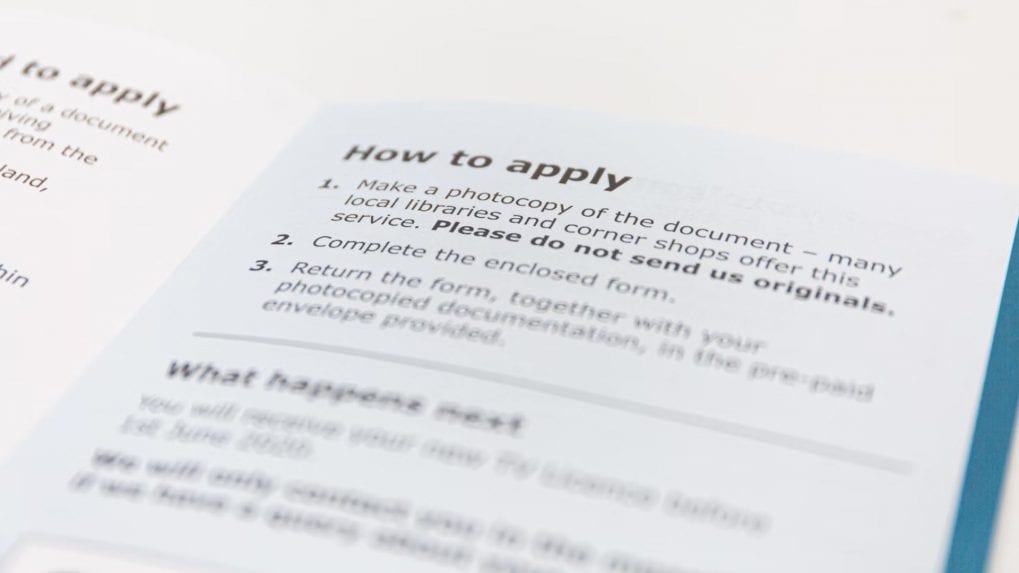US tightens visa interview waiver rules for non-immigrants, sparking global concerns
Effective September 2, nearly all US non-immigrant visa applicants - including children under 14 and seniors over 79 - must appear for in-person interviews, with limited exceptions.
ADVERTISEMENT
The US Department of State has announced that starting September 2, most non-immigrant visa applicants will be required to attend in-person interviews with a consular officer, according to media reports.
The update, issued on July 25, removes broad interview waiver provisions for categories including business and tourist (B-1/B-2), student (F and M), work (H-1B), and exchange (J) visas. Crucially, the new rules extend the requirement to age groups that were previously exempt: children under 14 and individuals over 79.
Also Read: US Embassy India mandates full disclosure of past 5 years’ social media handles for visa approval
The only exceptions to this rule include:
- Diplomats and officials falling under visa symbols A-1, A-2, A-3 (excluding domestic staff), G-1 to G-4, and NATO visa classes.
- Certain applicants for diplomatic or official-type visas
- Renewing B-1/B-2 visa holders applying within 12 months of expirations, provided they were at least 18 years old when the original visa was issued.
Even with these exception categories, consular officers have full discretion to mandate interviews on a case-by-case basis.
To be eligible for any interview waiver, applicants must apply from their country of nationality or residence, have no history of prior visa refusal (unless resolved), and not present any potential ineligibility concerns.
This updated policy supersedes the earlier Interview Waiver Update from February 18, 2025, and has sparked anxiety among H-1B visa holders and other non-immigrant applicants about possible backlogs and extended processing times.
Also Read: Explained: The U.S. visa crisis leaving Indians in immigration limbo
“Applicants should check embassy and consulate websites for more detailed information about visa application requirements and procedures, and to learn more about the embassy or consulate’s operating status and services,” the US Citizenship and Immigration Services (USCIS) said in its official release.
The announcement also comes on the heels of another development: the introduction of a $250 Visa Integrity Fee. Effective 2026, this fee - designed as a security deposit pegged to inflation - may be refundable if visa holders meet certain compliance conditions.
Both measures are part of the recently passed One Big Beautiful Bill Act, signed into law by former President Donald Trump on July 4, signalling a hardline turn in US immigration policy under his influence, the report added.
Also Read: No social media? You might be denied US visa under Trump regime


